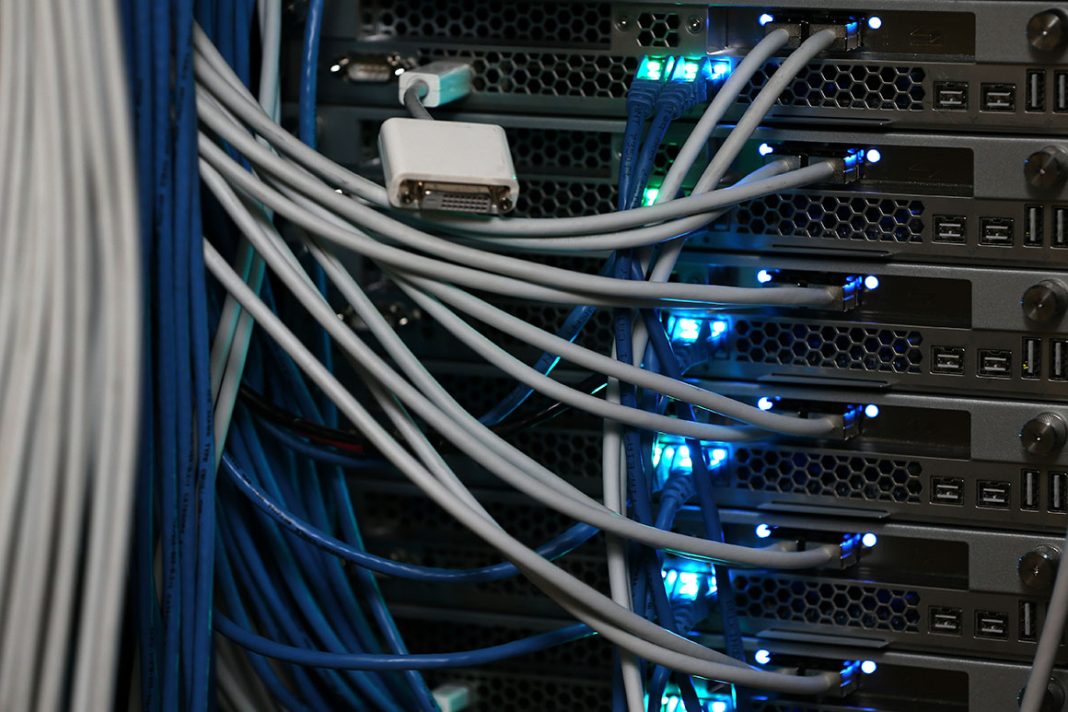In a statement on Sunday, the AFTA Strategic Management Center, which operates under Iran’s Presidency, said the body succeeded in fending off the cyber attack on the back of “timely action” taken by its security operations command center.
“The hackers were planning to exploit the security hole in one of the widely used applications at [Iranian] organizations to get access to the infrastructures and their data, inject them their own malware, and give them their desired commands,” it said.
AFTA experts, however, managed to discover the “clues and the behavioral patterns” used in the cyber raid and detect the ultimate targets, which included over 100 important e-services in both state and private sectors of the country.
By detecting the security holes and making the necessary updates, the Iranian experts prevented the access of hackers to “back doors” for “a variety of IP addresses” from the Netherlands, the United States, and the UK, the statement added.
Iran’s state organizations and nuclear facilities have repeatedly been the target of cyber assaults by Israel and the United States.
In one of the latest such acts of sabotage, an Israeli cyber raid caused a temporary outage at gas stations in large cities across Iran in October 2021. In 2011, the US and Israel collaborated in a cyber attack on Iran’s nuclear program, using a piece of malware dubbed Stuxnet.
